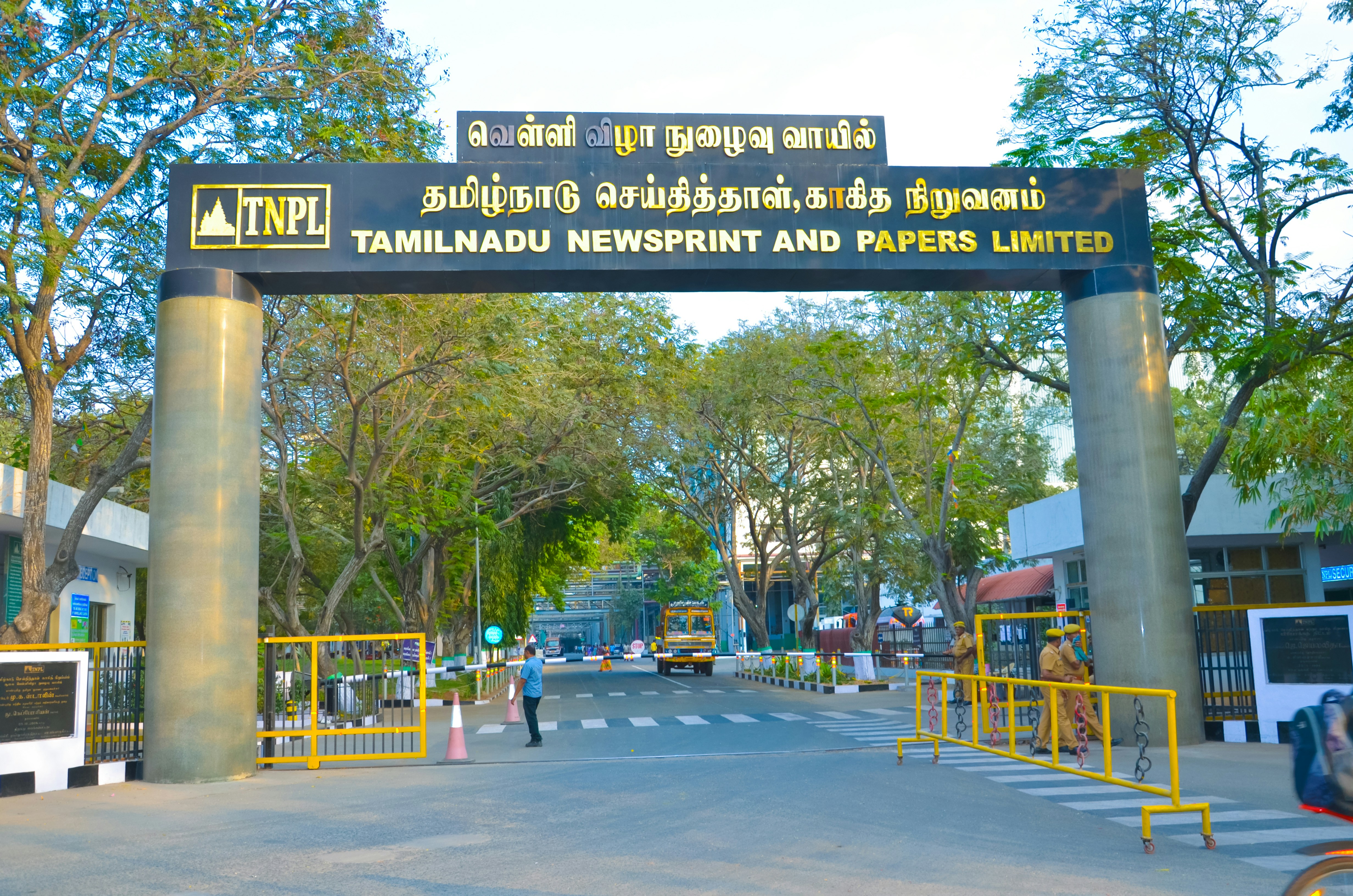
Overview of Tamil Nadu’s Political Landscape
Tamil Nadu’s political landscape is characterized by a rich tapestry of history, culture, and partisan rivalries. The state has been prominently shaped by two major political parties: the Dravida Munnetra Kazhagam (DMK) and the All India Anna Dravida Munnetra Kazhagam (AIADMK). Both parties have played crucial roles in shaping the socio-economic framework of Tamil Nadu, with shifting allegiances often reflecting broader social dynamics.
The DMK, founded in 1949, has its roots in the Dravidian movement, advocating for social justice, equity, and state rights. Over the decades, the DMK has garnered significant support, especially among marginalized communities. Its current leadership under M.K. Stalin marks a legacy of continuity coupled with an emphasis on progressive governance. The AIADMK, on the other hand, emerged in the late 1970s and became synonymous with charismatic leadership, particularly during the tenure of the late J. Jayalalithaa, whose political persona strongly influenced voter sentiments. The party’s struggles post-Jayalalithaa’s death present a complex scenario within Tamil Nadu’s electoral politics.
In recent years, voter behavior in Tamil Nadu has shown notable trends toward coalition politics and regional parties gaining influence. The rise of new players and the formation of strategic alliances have rendered the political environment more dynamic. Recent elections have revealed a growing apathy towards traditional parties, further complicating the electoral calculus. The ongoing socio-economic challenges, coupled with the rapid changes in political alliances, make the upcoming 2026 elections particularly critical.
The 2026 Tamil Nadu elections are poised to be a pivotal event, reflecting the aspirations and frustrations of the electorate. The evolving political dynamics and the shifting allegiances necessitate a nuanced understanding of the parties and their followers. As Tamil Nadu approaches this electoral milestone, the implications of these developments will resonate profoundly within the state’s broader political narrative.
Key Issues Influencing Voter Sentiment
The landscape of the Tamil Nadu state elections in 2026 is set against the backdrop of several pivotal issues that significantly influence voter sentiment. Among these, economic development remains a primary concern. Voters are increasingly preoccupied with the state’s economic trajectory, especially in light of job creation, industrial growth, and infrastructure development. Public opinion polls suggest that there is a growing demand for policies that foster sustainable economic growth and reduce unemployment rates. As the electorate assesses the government’s performance in delivering economic prosperity, these factors will play a crucial role in voters’ decision-making processes.
Another critical issue that will dominate discussions is social justice. Voter sentiment has been shaped significantly by calls for greater inclusivity and equity among different social segments, particularly marginalized communities. The electorate appears keen on addressing inequalities stemming from caste dynamics which have historically influenced political alignments in Tamil Nadu. Surveys indicate that voters are likely to favor candidates who advocate for policies promoting social welfare and justice, reflecting a desire for meaningful change in the societal fabric of the state.
Corruption continues to be a major concern that shapes voter attitudes as well. Allegations of corruption and lack of transparency in governance can deeply impact a candidate’s credibility. In recent polling data, a significant portion of the electorate expressed disillusionment with pervasive corruption in politics, suggesting that candidates who can convincingly address this issue may gain a strategic advantage. Moreover, the effectiveness of various welfare schemes initiated by the government cannot be overlooked. Public sentiment surrounding these programs is mixed, with many voters assessing their effectiveness and accessibility. In conclusion, the successful navigation of economic development, social justice, corruption, and welfare initiatives will be instrumental in determining voter behavior in the upcoming elections, making these issues pivotal for any political platform.
Candidate Profiles and Potential Political Alliances
The political landscape in Tamil Nadu is characterized by a vibrant interplay of established and emerging leaders, each bringing unique profiles to the 2026 election. Among the prominent candidates, the current Chief Minister, who has held the position since the last election, continues to command significant support due to his governance and populist schemes. His leadership style has garnered a dedicated voter base, yet challenges from internal factions and opposition parties pose potential threats to his re-election bid.
In contrast, the leader of the main opposition party is gaining traction among younger voters, leveraging social media platforms to communicate his message and engage with constituents. This candidate’s strengths lie in his ability to connect with the electorate on issues such as employment and education. However, critics often point out his inexperience in handling larger governance issues, which could be a vulnerability during the campaign.
Additionally, a new face on the political scene is emerging from a regional party that has historically influenced state politics. This candidate appeals to specific demographic segments and focuses on regional development concerns, which could significantly impact alliances. The potential for new coalitions between smaller parties and larger entities may reshape voter dynamics as we approach the elections. Such partnerships could attract diverse voter groups, enhancing their electoral prospects.
Furthermore, the changing political alliances play a crucial role in Tamil Nadu’s electoral strategy. The possibility of cross-party collaborations aimed at combining resources and consolidating voter bases cannot be overlooked. Recent developments hint at a willingness among certain factions to ally, despite historical rivalries, perhaps giving rise to a formidable coalition that might challenge the incumbents.
In summary, as the election approaches, the profiles of candidates alongside their potential alliances will significantly shape the electoral narrative in Tamil Nadu. This complex interplay of personal attributes and party strategies will provide a fascinating backdrop to the 2026 elections.
Predictions and Scenarios for the 2026 Elections
The 2026 Tamil Nadu elections are anticipated to be pivotal, shaped by the dynamics of the political landscape in the state. Several interconnected factors are likely to influence outcomes, including party alliances, voter sentiments, and socio-economic developments. Based on current trends, analysts predict that voter turnout may increase compared to previous elections, driven by heightened political awareness and engagement among various demographic groups, particularly the youth and first-time voters.
One prominent scenario involves the incumbent parties, which may face significant challenges from emerging regional parties and independent candidates. Historical voting trends have shown that the electorate tends to oscillate between established parties and newer entrants, making the 2026 elections unpredictable. The performance of the ruling party will heavily depend on its ability to address key issues, such as job creation, healthcare, and education. Should the incumbent fail to meet public expectations, a shift in favor of opposition candidates may occur.
Additionally, the role of alliances cannot be overlooked. Strategic collaborations between political factions could redefine electoral boundaries and voter bases. Potential alliances might lend support to underdog candidates, increasing their visibility and prospects. This scenario aligns with the ongoing political reconfigurations observed in Tamil Nadu. Furthermore, the influence of social media and digital campaigning is expected to play an essential part in shaping voter perceptions and turnout, enabling candidates to reach wider audiences.
While these predictions remain contingent on numerous factors, significant surprises often occur in the lead-up to elections. These events may pivotally shift public opinion and ultimately affect the electoral outcome. In conclusion, the interplay of traditional voting patterns, emerging political forces, and changing voter demographics will shape the 2026 Tamil Nadu elections, making it a critical juncture for the state’s political future.



